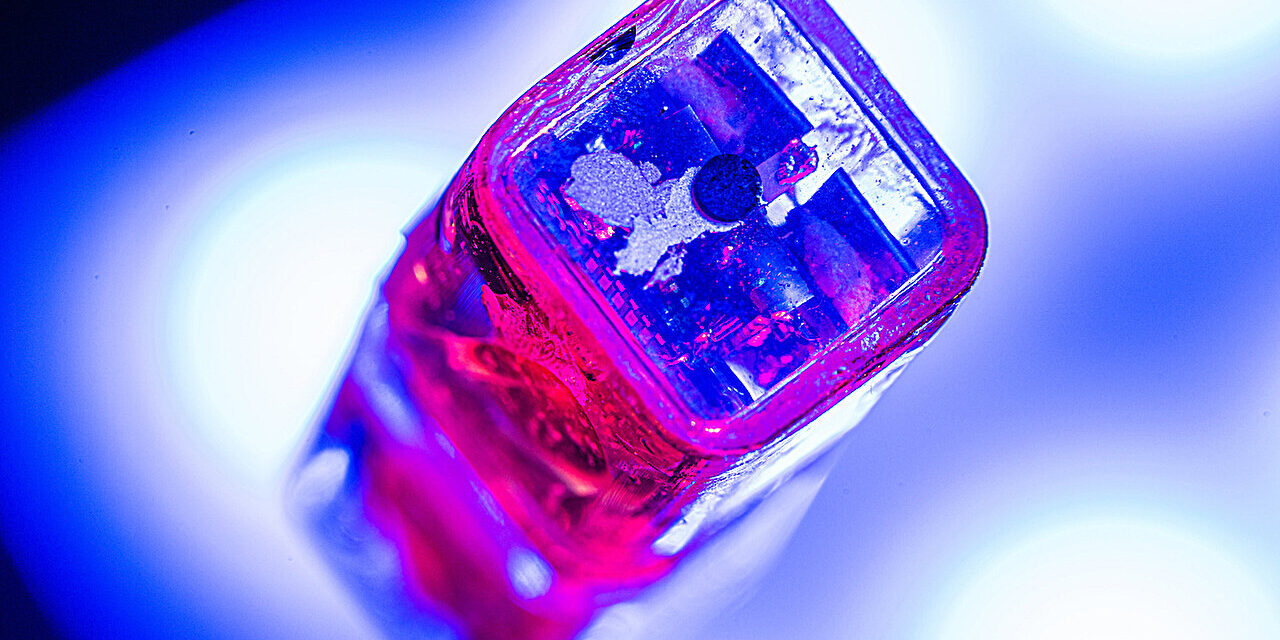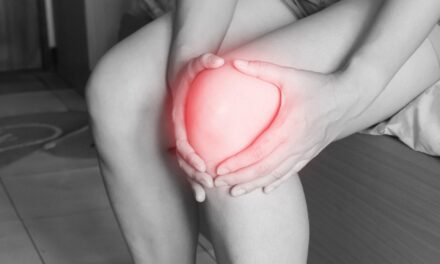In a landmark breakthrough, engineers at Rice University have unveiled the world’s smallest implantable brain stimulator, offering promising prospects for treating drug-resistant depression and other neurological disorders. Developed in collaboration with Motif Neurotech and clinicians Dr. Sameer Sheth and Dr. Sunil Sheth, the device—known as the Digitally programmable Over-brain Therapeutic (DOT)—leverages cutting-edge magnetoelectric power transfer technology to deliver wireless brain stimulation through the dura, a protective membrane at the base of the skull.
This pioneering device, the size of a pea, holds immense potential to transform treatment approaches for neurological and psychiatric disorders by providing a therapeutic alternative that prioritizes patient autonomy and accessibility while minimizing invasiveness. Unlike existing implantable technologies, which rely on large batteries and lengthy wires, the DOT is powered wirelessly via an external transmitter, eliminating the need for additional surgeries and reducing hardware-related risks.
Lead researcher Jacob Robinson, professor of electrical and computer engineering and bioengineering at Rice, underscores the transformative impact of the DOT on healthcare delivery. “Our device, the size of a pea, can activate the motor cortex, resulting in the patient moving their hand,” Robinson explains. “In the future, we can place the implant above other parts of the brain, like the prefrontal cortex, where we expect to improve executive functioning in people with depression or other disorders.”
Central to the device’s functionality is its ability to convert magnetic fields into electrical pulses, facilitating efficient wireless power transfer. This breakthrough technology, characterized by its small scale and robust performance, sets a new standard for implantable brain stimulators, offering unparalleled precision and effectiveness.
The DOT’s potential extends beyond traditional neurostimulation-based therapies, offering a paradigm shift in the treatment landscape. Robinson envisions patients administering the treatment from the comfort of their homes, empowered by wearable devices that wirelessly power and communicate with the implant.
Clinical trials of the DOT are currently underway, with Motif Neurotech spearheading efforts to secure FDA approval for long-term human trials. The prospect of adaptive personalized therapies based on individual brain signatures represents a significant advancement in therapeutic development, promising tailored treatment approaches for patients.
As the DOT paves the way for a new era in neurological care, researchers remain committed to advancing the frontiers of brain stimulation technology, heralding a future where innovative solutions offer hope and healing to individuals affected by neurological and psychiatric disorders.












